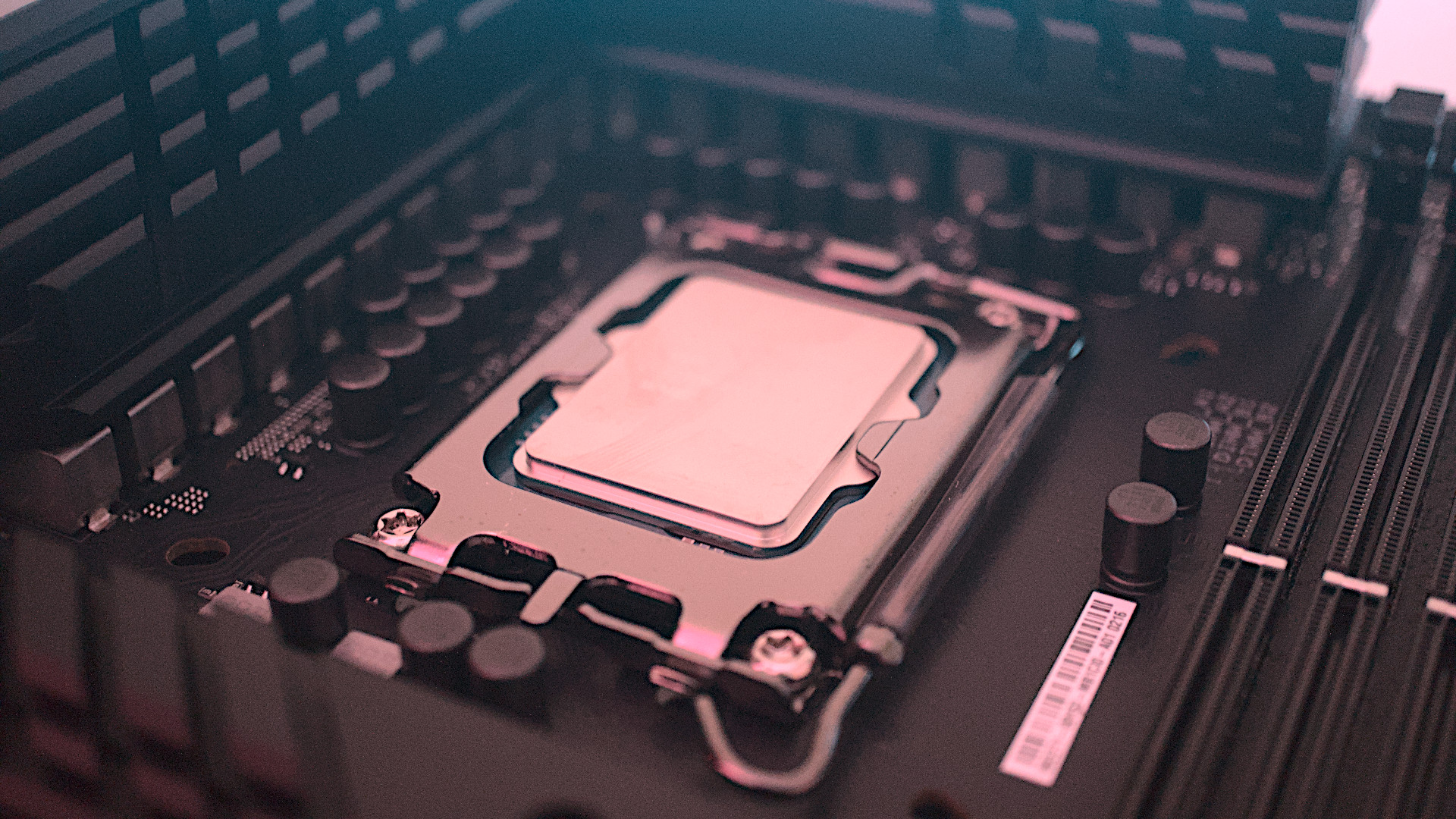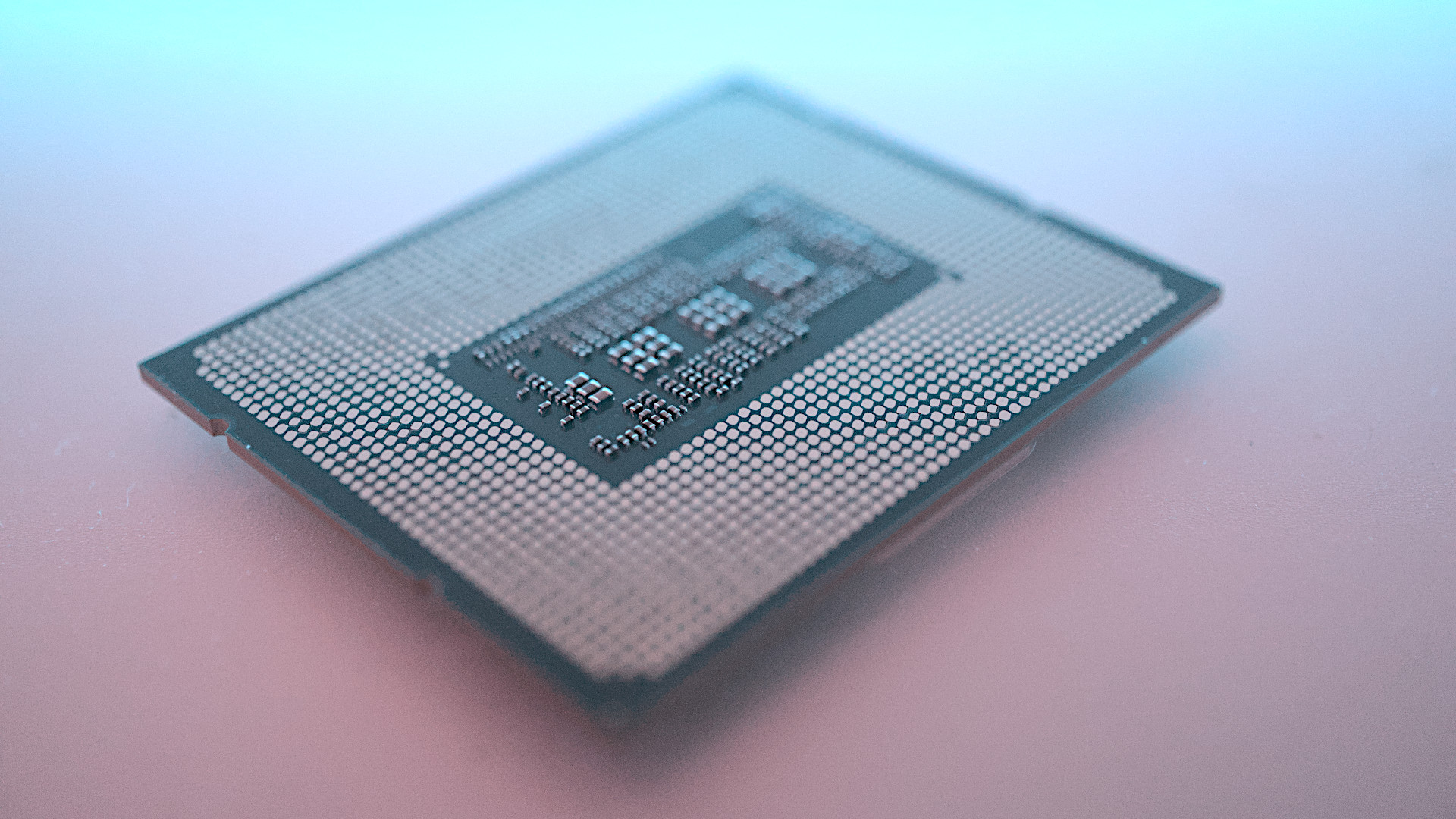
What you need to know
- ASUS and MSI have both released motherboard BIOS updates aiming to fix Intel's 13th and 14th Gen microcode issues. Expect to see other motherboard manufacturers roll out updates soon.
- Intel's problems started in 2022, and only recently was the problem acknowledge by the company; a fix was stated to begin rolling out mid-August.
- The microcode issues affecting "Raptor Lake" and "Raptor Lake Refresh" desktop CPUs (including any that pull 65W or more power) can lead to crashes and degradation.
- The BIOS update won't fix CPUs already damaged, but it will hopefully prevent issues with so-far untouched chips.
Intel isn't having a good summer, but a bit of light just appeared on the horizon with ASUS and MSI announcing motherboard BIOS updates to fix 13th and 14th Gen microcode issues.
Spotted first by Videocardz, ASUS ROG Forum member SAFEDISK announced that the company has prepared Beta BIOS updates for its Intel Z790 motherboards. These include ROG Maximus, Strix, ProArt, and AYW boards. The microcode 129 update is expected to fix Intel's instability issues, and there are download links available for individual boards.
MSI wasn't far behind ASUS with its own motherboard BIOS update announcement. In an official press release, MSI revealed that the first round of 0x129 microcode updates is headed to these boards:
- MEG Z790 GODLIKE MAX
- MEG Z790 ACE MAX
- MPG Z790 CARBON MAX WIFI II
- MPG Z790 CARBON WIFI
- MAG Z790 TOMAHAWK MAX WIFI
- Z790MPOWER
MSI also says that the BIOS for all of its Intel 700 and 600 boards will be updated "by the end of August." The updates appear to be pushed through official channels, and you can find the updates on MSI's hardware support page.
Unfortunately, the BIOS update won't fix any Intel CPUs that have already degraded due to the issue. It's a preventative measure going forward, and anyone with an Intel CPU that they expect has taken damage is urged to reach out to Intel customer support.
Intel announced last week that it's extending 13th and 14th Gen CPU warranties by two years to help gain back favor with its users.
🔥The hottest trending deals🔥
- 🎮 Seagate Xbox Series X|S Card (2TB) | $249.99 at Best Buy (Save $110!)
- 🕹️Xbox Game Pass Ultimate (3-months) | $29.19 at CDKeys (Save $21!)
- 🎮Lenovo Legion Go (Z1 Extreme, 512GB) | $599.99 at Best Buy (Save $100!)
- 💻HP Victus 15.6 Laptop (RTX 4050) | $599 at Walmart (Save $380!)
- 📺Amazon Fire TV Xbox Game Pass bundle | $82.85 at Amazon (Save $37!)
- ⌨️Surface Pro Keyboard + Slim Pen 2 | $112.99 at Best Buy (Save $167!)
- 🕹️Xbox Game Pass Core (12-months) | $41.89 at CDKeys (Save $18!)
- 💻Lenovo Yoga 7i 16 (Core i5) | $774.99 at Lenovo (Save $365!)
- 🖱️Razer DeathAdder V3 Wired Mouse | $50.99 at Best Buy (Save $19!)
- 💻HP OMEN Transcend 14 (RTX 4050) | $1,199.99 at HP (Save $400!)
- 🖱️Razer Basilisk V3 Wired Mouse | $49.99 at Best Buy (Save $20!)
- 🖥️Lenovo ThinkStation P3 (Core i5 vPro) | $879.00 at Lenovo (Save $880!)
- ⌨️Alienware Pro Wireless Gaming Keyboard | $149.99 at Dell (Save $50!)
- 🖱️Alienware Pro Wireless Gaming Mouse | $119.99 at Dell (Save $30!)
- 🕹️No Man's Sky (PC, Steam) | $24.09 at CDKeys (Save $36!)
- 💻Dell XPS 13 (Snapdragon X Elite) | $1,099.99 at Dell (Save $200!)
Intel's downward trajectory

The company's downward trajectory arguably began in 2022 when some adopters of the 13th Gen "Raptor Lake" desktop processors reported frequent crashes and BSODs. Intel investigated the issue for months, only recently announcing that it had discovered the root cause. A microcode bug, which resulted in the chips pulling more voltage than healthy, was causing the instability and degradation.
All the latest news, reviews, and guides for Windows and Xbox diehards.
With the announcement came more bad news, as it was revealed that any 13th and 14th Gen chips pulling 65W or more power could be affected. And despite Intel announcing a fix for its microcode — now rolling out to ASUS and MSI boards with other makers expected to make their own announcements soon — it's also now known that damaged chips won't see any improvement with the fix. If your CPU is already experiencing the related issues, there's no going back. This sparked a class action lawsuit investigation by the Abington Cole + Ellery firm.
The bad news for the company continues to pile up beyond the CPU instability. On August 1, Intel announced 15,000 layoffs in an effort to save $10 billion through 2025. Here's what Intel CEO Pat Gelsinger had to say on the matter:
"Our revenues have not grown as expected—and we've yet to fully benefit from powerful trends, like AI. Our costs are too high, and our margins are too low. We need bolder actions to address both—particularly given our financial results and outlook for the second half of 2024, which is tougher than previously expected."
On August 2, just a day after the announcement, the company's stock price had fallen by about 32%, erasing billions of dollars of value.
In more recent news, Intel is now facing a lawsuit from its shareholders. The suit claims that Intel obfuscated issues directly impacting the company's market value.
Meanwhile, AMD just launched its first two Ryzen 9000 desktop CPUs to a warm reception. Windows Central Editor Ben Wilson reviewed the Ryzen 7 9700X, calling it the "new mid-range champion" as we await the arrival of Ryzen 9 9900X and 9950X chips next week.

Cale Hunt brings to Windows Central more than nine years of experience writing about laptops, PCs, accessories, games, and beyond. If it runs Windows or in some way complements the hardware, there’s a good chance he knows about it, has written about it, or is already busy testing it.
